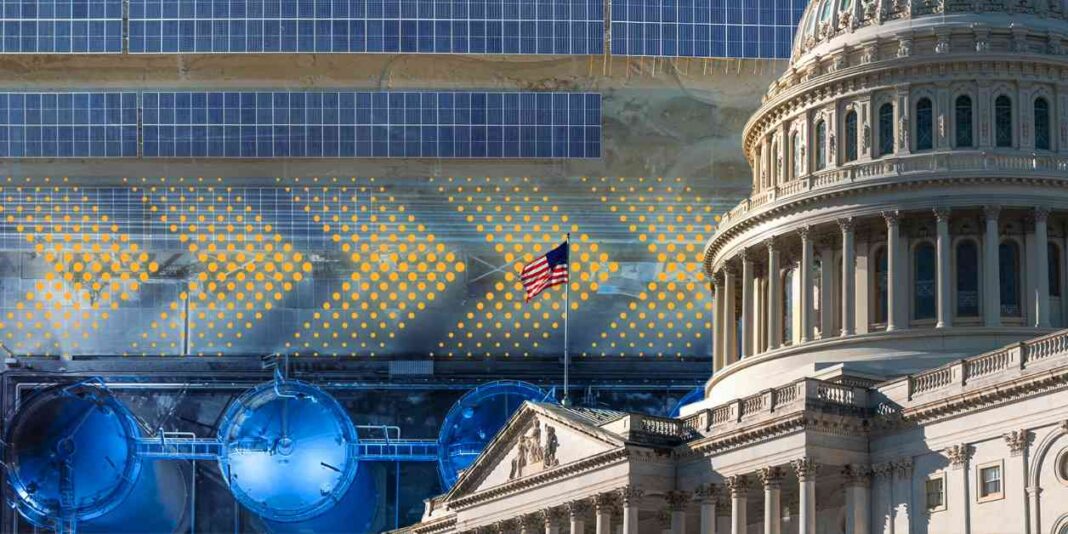On July 22, 2024, U.S. Senators Joe Manchin (I-WV) and John Barrasso (R-WY) introduced the Energy Permitting Reform Act of 2024 (EPRA), a bill aimed at expediting the permitting process for critical energy, mineral, and infrastructure projects. The bill includes various provisions to streamline the leasing and permitting process for projects on federal lands, set deadlines for LNG export project approvals, and limit court challenges to agency actions.
One key proposal in the EPRA is to accelerate leasing and permitting decisions for energy projects on federal lands. This includes setting deadlines for renewable energy permits, eliminating duplicative requirements for oil and gas production on non-federal surface land, and streamlining environmental reviews for certain projects. The bill also establishes a 90-day deadline for the Secretary of Energy to approve or deny LNG export applications, with applications deemed approved if the deadline is not met.
Additionally, the EPRA imposes a 150-day statute of limitations for seeking judicial review of agency actions related to energy or mineral projects. It also requires the Secretary of the Interior to hold offshore wind and oil and gas lease sales annually. Furthermore, the bill removes the Secretary of Energy’s authority over national interest transmission corridors and gives power to the Federal Energy Regulatory Commission (FERC) to issue permits for transmission projects deemed in the national interest.
Industry participants are advised to monitor the progress of the EPRA as it has the potential to significantly impact the approval process for energy, mineral, and infrastructure projects. The bill represents a step forward in streamlining and expediting critical projects in these sectors.
Please note that the insights provided are for general information purposes only and should not be considered as legal advice. The views expressed are personal views of the authors and do not necessarily reflect those of the Firm. To request permission to reuse or reprint any content, please contact the Firm directly.















